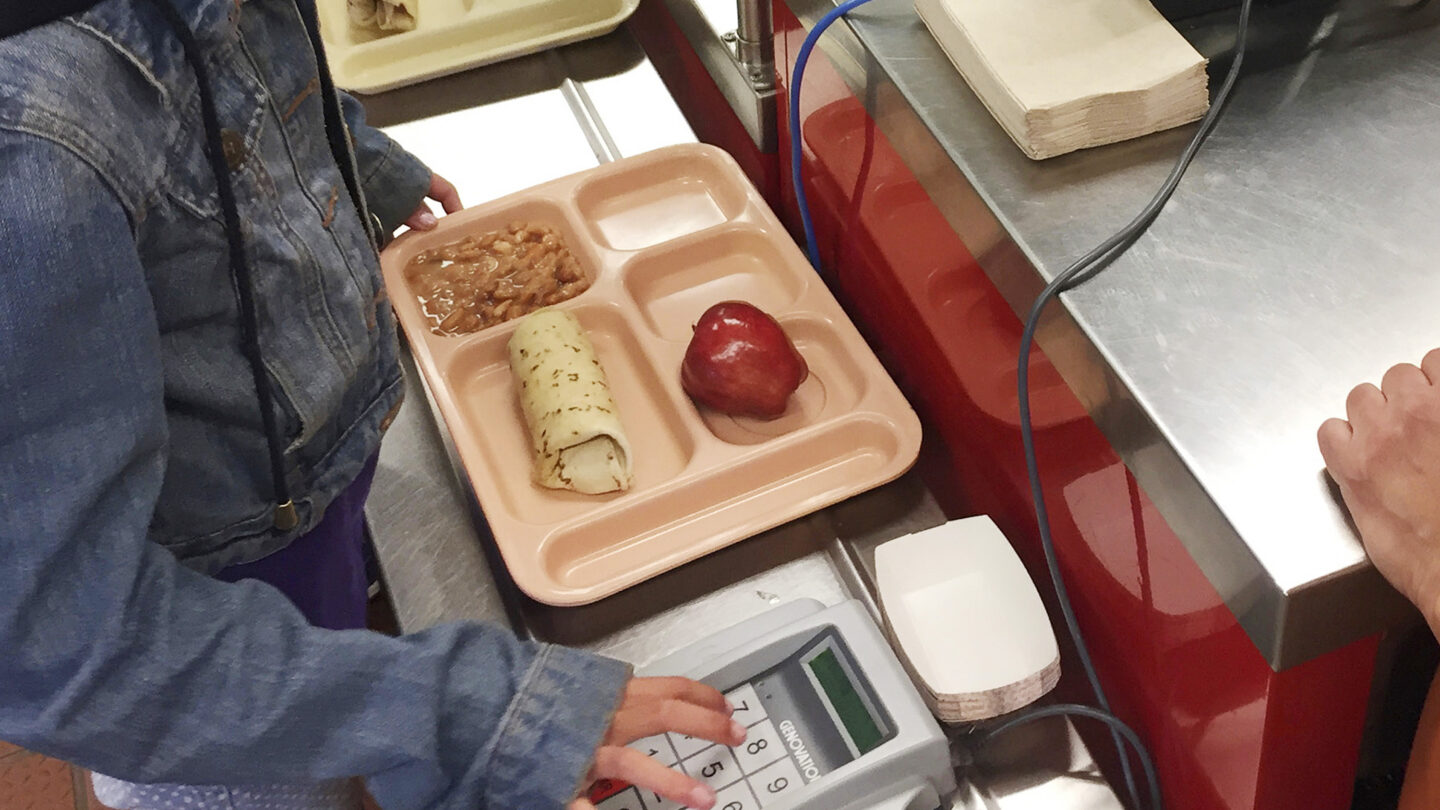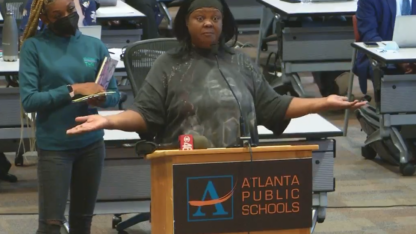A federal school meal program is set to expire on June 30. If Congress doesn’t extend the plan, more than a million Georgia students could be left without a safety net.
When schools shut down in 2020 due to the pandemic, Congress approved school nutrition waivers, which were issued through the U.S. Department of Agriculture (USDA). They allowed all students receive free meals without any paperwork. The waivers also gave schools flexibility on meal distribution, like offering them a “Grab and Go” style, for example, so students could take meals home.
“Those flexibilities had hugely impactful positive impacts on kids and families in the midst of pretty dire circumstances that kids and families are continuing to face,” says Jamie Bussel, the senior program officer at the Robert Wood Johnson Foundation.
Bussel says if the waivers expire at the end of June, as scheduled, it could create a real hardship for some.
“Families in America are continuing to face some pretty vicious challenges with increasing prices of food, with loss of vital economic assistance, like expanded child tax credits, and the school meals have really mitigated some of what could have been even a worse situation,” she says.
That’s especially true during the summer, says Crystal Fitzsimmons, director of school and out-of-school time programs at the Food Research and Action Center (FRAC).
“In Georgia last summer, we saw participation increase by about 56%,” she says. “That was because…all communities could offer meals to families who needed them. So, we are very concerned that those kids will lose access to meals this summer.”
Congress didn’t renew the waivers in the recent omnibus spending bill, with some Republicans arguing they were meant to be temporary.
But Fitzsimmons says several districts are still feeling the financial pinch created by the pandemic.
“Schools have really been struggling with supply chain and staffing issues,” she says. “One of the things that the waivers [do], by reducing administrative work for schools, schools can focus on operating the program. They can spend their money that they would have been spending on certifying kids for free or reduced-price meals to support the meals.”
A group of bipartisan U.S. senators has introduced a bill that would extend the waivers through the summer and upcoming school year. The measure is supported by Georgia senators Jon Ossoff and Raphael Warnock.
The Georgia Department of Education says it’s preparing in case the waivers aren’t renewed. Officials issued the following statement:
“Our focus is on working closely with school districts to ensure they are prepared for these changes – including making sure they are ready and have the resources they need to collect Free and Reduced meal applications for 2022-2023.”
States like California and Maine have both ensured students will get free school meals in the short term. The legislatures of both states included school meal costs in their state budgets for the upcoming year.
“We believe that other states can and should follow their lead by passing laws that ensure that kids continue to receive healthy school meals at no charge at school,” Bessel says. “Those states have found a way and other states can find a way.”
Fitzsimmons says that doesn’t absolve federal officials from acting on the issue.
“We expect to see more states moving in that direction,” she says. “But we know that not every state is going to be able to do that and that’s part of the reason why we need to extend the waivers.”









